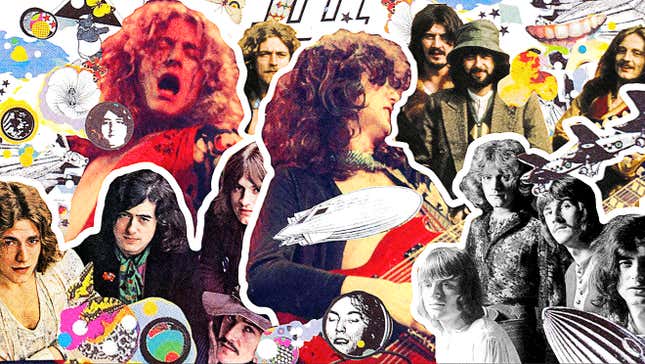
At the height of Led Zeppelin’s fame in 1975, Robert Plant called himself a “golden god,” a phrase he delivered with his tongue firmly in cheek. In the nearly 50 years since he uttered those words, Plant has refused to stand still. Even as he turns 75 on August 20, Plant continues to avoid resting on his laurels: this year finds him on tour promoting Raise The Roof, the acclaimed 2021 sequel to Raising Sand, his Grammy-winning 2007 album with Alison Krauss.
Plant’s desire to continually innovate throughout his distinguished and adventurous solo career can be traced to his time with Led Zeppelin, a band whose might and imagination were inexhaustible right up to their disbandment in 1980. Plant’s celebration day is the perfect time to revisit the best tracks from his time with John Bonham, John Paul Jones, and Jimmy Page, whose music made Led Zeppelin the most potent band of the 1970s and retains a powerful pull on the public imagination today.